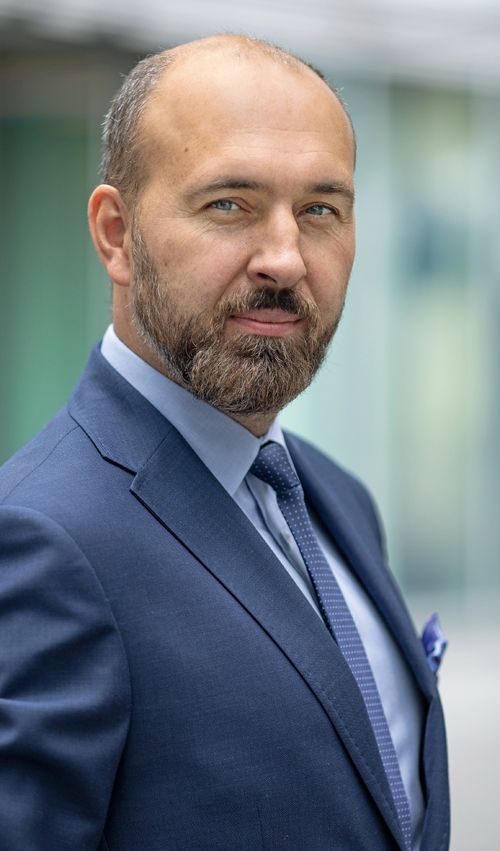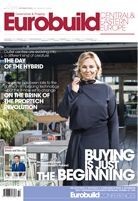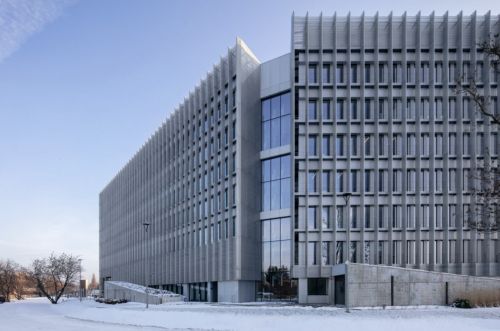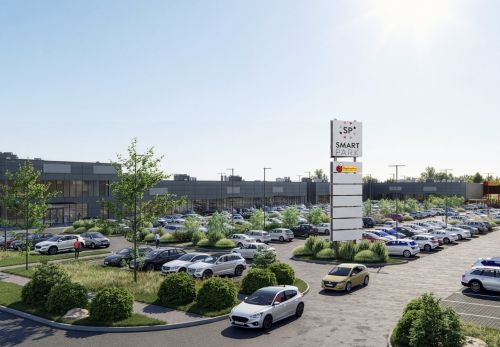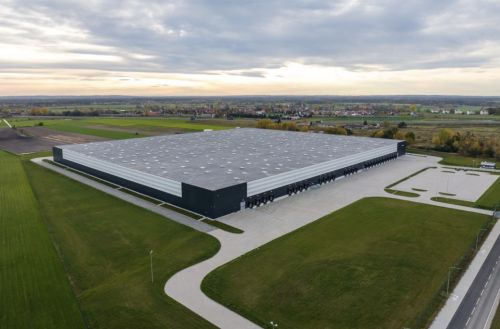Obviously, you might already be a bit tired as you came to work by bike, which only took an extra half an hour (and by the way it was raining). For lunch you won’t have pizza or steak and chips delivered to the office, but you’ll walk down those very same stairs and to walk for another half-mile to get yourself a vegan burger. Your employer isn’t going to be angry with you at all after you’ve been absent for an hour, or when you’ve been playing table football with his assistant. She’s more concerned about your life/work balance. Anyway, in the Bloomberg building in London designed by Norman Foster and built at a cost of a mere billion pounds, the corridors have been laid out so that to get anywhere you have to take a long walk. Instead of the dubious virtues of escalators you will find long passageways that are meant to delicately prod people into moving their butts. Everyone knows that sitting at a desk is a modern plague – or, if you want to
